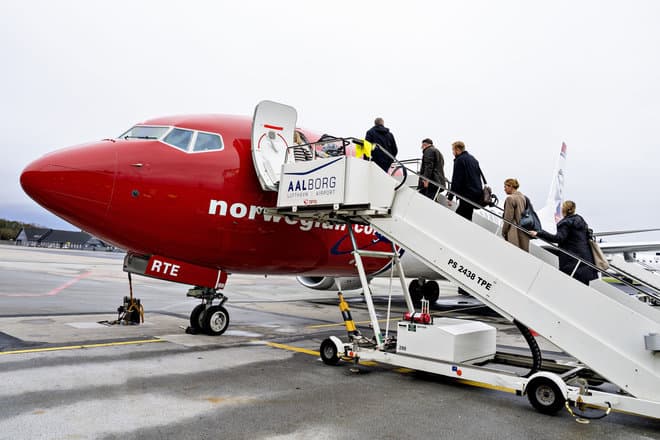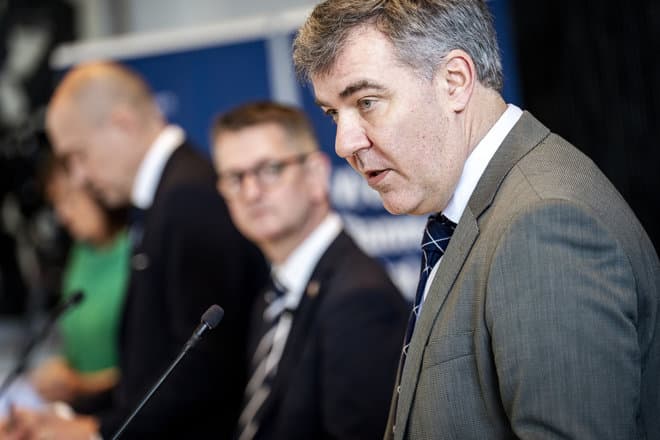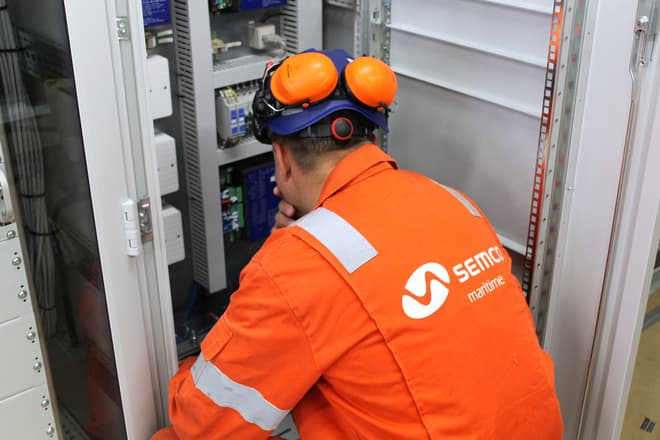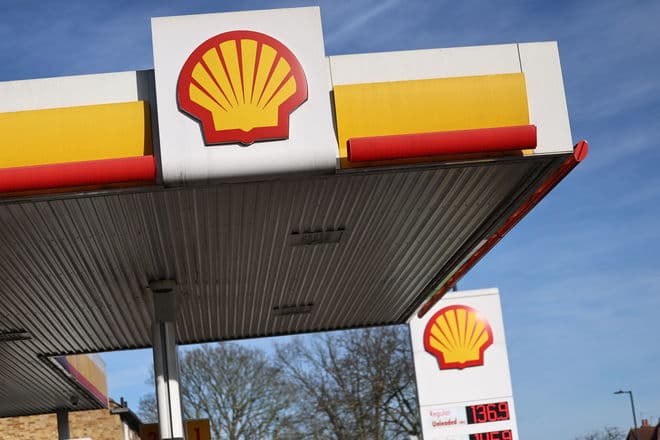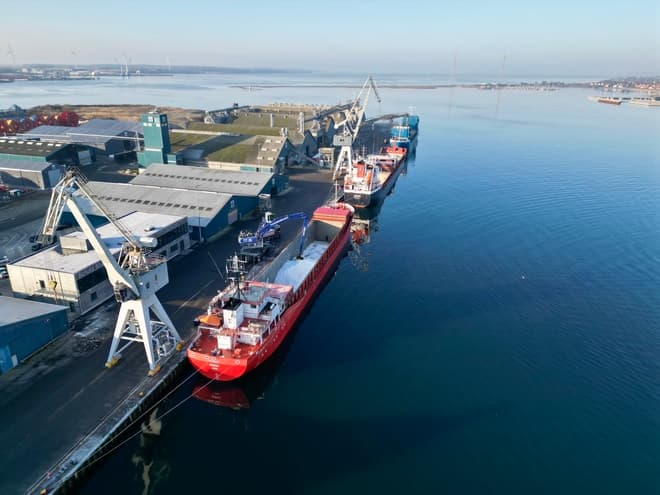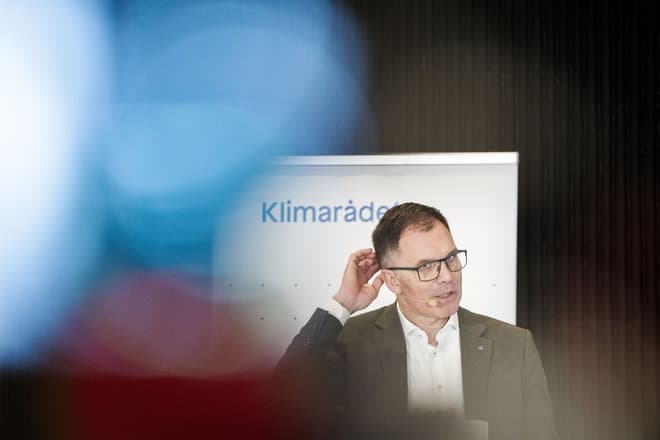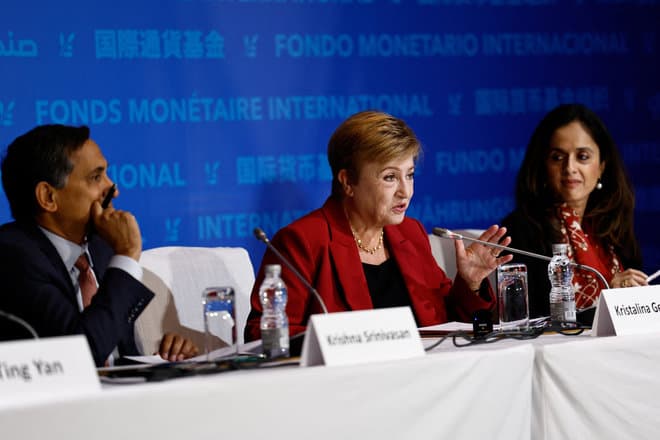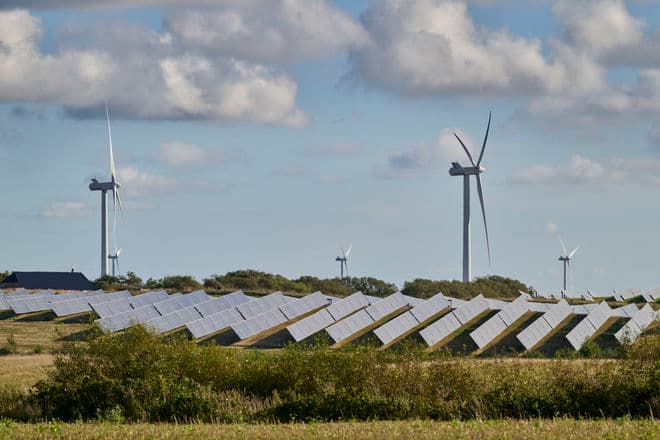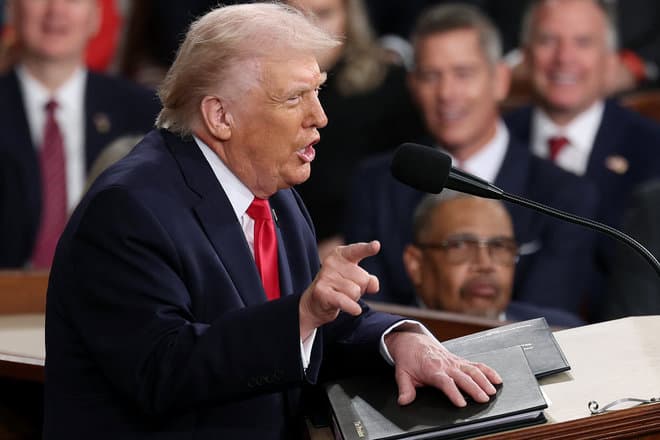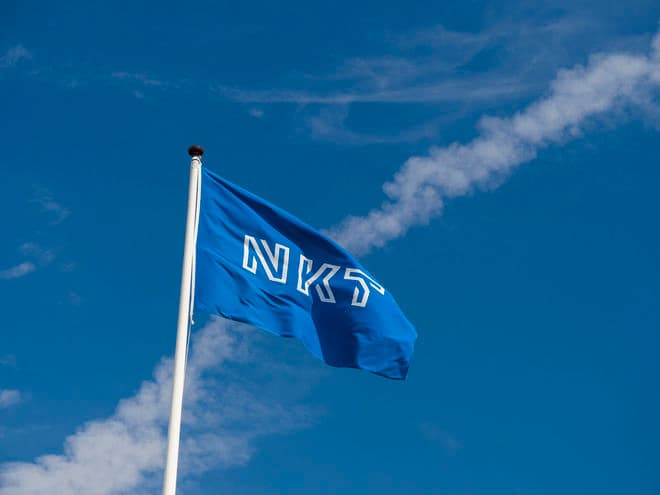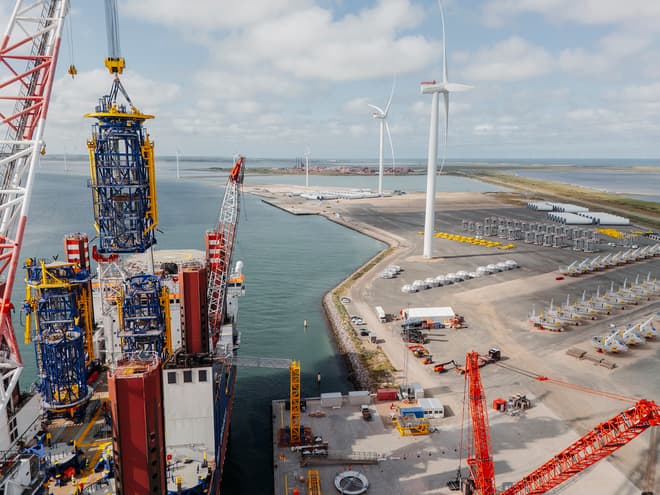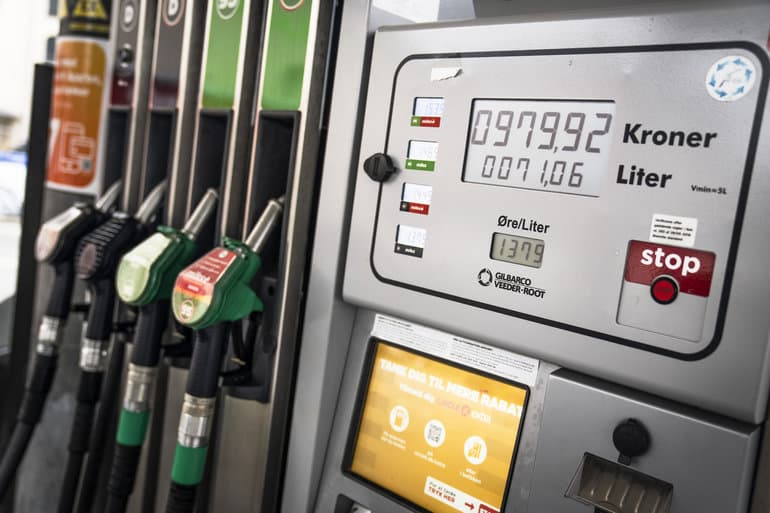
The prices of gasoline and diesel in Denmark have been largely the same from gas station to gas station since the corona pandemic. It wasn't like that before. And soon there may be more dynamic prices again and greater competition.
At least that is the purpose of new rules from the government, which will come into effect on Monday, December 1. The rules require gasoline and diesel companies to provide current pump prices at the station and online. This has been in demand among drivers, says Ilyas Dogru, consumer economist at FDM, which represents Danish drivers.
- When corona came, the demand for fuel was very low, and then the prices became more or less fixed. This has surprised many of our members, who have contacted us and written to us because they do not understand how petrol prices can be the same in the east and west and north and south, he says.
FDM now expects that "we will return to a world where prices change depending on competitive conditions", says Ilyas Dogru.
Where there was previously local competition for customers, prices today largely follow the recommended prices of one leading company. This means that the prices on the signs at petrol stations are often the same across the country and often change simultaneously.
But from 1 December the government will require companies to publish the current consumer prices - also called the pump price - online.
Expect savings of over a thousand kroner
For the individual motorist, this means that petrol station prices will always be available online and in real time. This could be on a website or in an app, for example.
Figures from the Danish Competition and Consumer Authority show that there is currently a lack of competition in customers' purchases of petrol and diesel. And that this has been the case since the corona crisis. The government estimates that the initiative could save drivers up to 2,000 kroner per year.
- A free and transparent market is the best way to lower consumer prices, said Transport Minister Thomas Danielsen (V) in a press release when the initiative was presented in September.
- Unfortunately, there are signs that competition is lagging when it comes to petrol and diesel. And that is why we are now taking steps to give competition better conditions for the benefit of Danes' private finances.
At FDM, Ilyas Dogru will keep an eye on how things will develop and what effect it will have. It is not certain that the challenge will be solved already on 1 December. The new rules "should be allowed to live a little", as he puts it.
The effect depends on how the companies comply with the new rules and how new platforms for price comparisons will work.
- Consumers will be able to refuel cheaper in some places and thus save some money. How big the savings will be depends on many things. The price of gasoline is affected by many external factors that we in Denmark have no control over. Among them are the dollar exchange rate and geopolitical issues in the wider world, he says.
The Ministry of Business and Industry expects an effect of 2,000 kroner in savings for a household with two cars. If there is one car in the household, the savings are up to 700 kroner.
/ritzau/
Text, graphics, images, sound, and other content on this website are protected under copyright law. DK Medier reserves all rights to the content, including the right to exploit the content for the purpose of text and data mining, cf. Section 11b of the Copyright Act and Article 4 of the DSM Directive.
Customers with IP agreements/major customer agreements may only share Danish Offshore Industry articles internally for the purpose of handling specific cases. Sharing in connection with specific cases refers to journaling, archiving, or similar uses.
Customers with a personal subscription/login may not share Danish Offshore Industry articles with individuals who do not themselves have a personal subscription to Danish Offshore Industry.
Any deviation from the above requires written consent from DK Medier.

